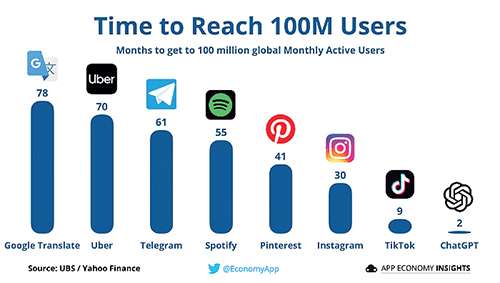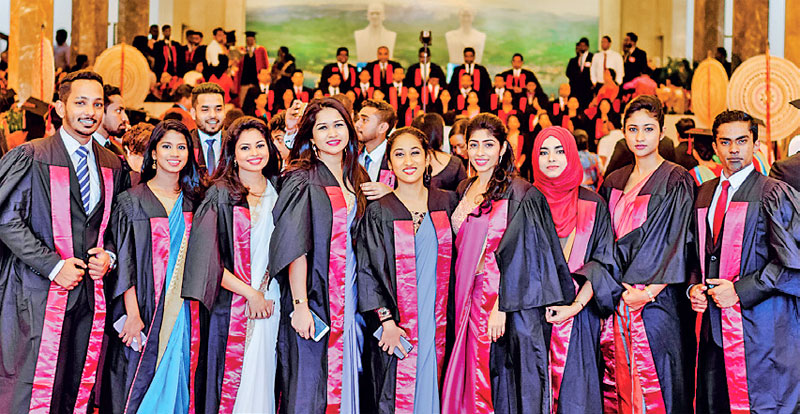Is AI the Future of Media?
 By automating tedious jobs and streamlining intricate procedures, artificial intelligence is completely changing the media sector. In journalism, for instance, AI can create text and alter photos, freeing up humans to work on more imaginative and analytical projects. AI is having a significant impact on many facets of electronic media, in addition to print media. AI has already had an impact on the media sector through tools for video content analysis and recommendation engines, and it will only continue to grow in the future.
By automating tedious jobs and streamlining intricate procedures, artificial intelligence is completely changing the media sector. In journalism, for instance, AI can create text and alter photos, freeing up humans to work on more imaginative and analytical projects. AI is having a significant impact on many facets of electronic media, in addition to print media. AI has already had an impact on the media sector through tools for video content analysis and recommendation engines, and it will only continue to grow in the future.
It’s fascinating to observe how AI is growing and changing more quickly than anything else in history. It’s clear that ChatGPT takes only two months to gain 100 million users, while Google Translate takes 78 months. What does this indicate about what is ahead? As far as we are aware, ChatGPT is the AI tool for the average person that can make life easier— far easier than we ever imagined, particularly when it comes to finding information. It is important to realise, though, that ChatGPT is likewise unable to produce anything that isn’t currently accessible online. It functions more as a summarising tool than as a source of knowledge. AI’s function in marketing and advertising is growing to the point where it can send half of the individuals in the advertising industry home. Read through the article to see how it can even be possible.

What would the future of electronic advertising look like?
You can greatly increase metrics like click-through rates, conversion rates, and overall return on investment by incorporating AI into your advertising operations. AI algorithms can assist you in optimising your ad spends and guaranteeing optimum return on investment by analysing enormous volumes of data in real-time. AI and digital media will undoubtedly marry very soon, or in some markets and economies, the union has already been established to maximise the limited advertising funds allocated to marketing.
The same is true for influencer marketing and other similar campaigns; without information, it is impossible to assess the effectiveness of these campaigns. AI is also helpful in gathering data about viewers and users who have various social media profiles across various platforms. For example, one may keep a serious and professional appearance on Linkedin but adopt a more informal attitude on Facebook and Instagram. In this game, advertisers will become disoriented because of the confusing triggers that appear on many platforms. It is therefore clear how AI can help with digital marketing.
Is that all?
No, is the response. and there will be much more. In the future, artificial intelligence will make it feasible to create movies in addition to static posts. Both the production time and cost will decrease as a result. Additionally, it will eliminate a number of challenges that come with producing videos and TV ads the old-fashioned approach, like model agreements, model searches, model coordination, music composition, lyric writing, jingle production, etc. The clients must receive the benefit of this advantage. Customers will be pleased that it not only lowers costs but also significantly reduces the most constraining factor—time—in the production process.
How far is this from reality?
It’s not that far, really. We have already composed music and written lyrics within the background of Sri Lanka. We have seen artificial intelligence (AI) play a significant role in political campaigns, particularly in instances where the candidates have used AI to draw hypothetical future scenarios rather than really doing any work. It generates concepts in addition to stills and images. All frontier AI tools must be accessed through premium subscriptions. Artificial Intelligence software is being developed at a rapid pace to meet the increasing demand. Some of these programmes are already producing movies and videos that you may have seen online. As a result, the media and advertising landscape is challenged not only by media strategy and selection, but also by production, which is a major bottleneck in the planning and implementation of campaigns.
What will happen to the jobs?
Prompt writers will be in greater demand in the future than those who are technically proficient and creative in their respective industries. As a result, those who possess both technical and creative skills—creative directors, camera artists, etc.—should now adopt a hybrid way of operation in which AI must be used to marry the respective fields of competence. An instance that might be mentioned in this context is the fate of traditional video and audio editors. Because they embraced technology, those who learnt it had an advantage over seasoned professionals in the industry. To stay ahead of the curve in the upcoming wave, innate and gifted talents must be combined with technology and artificial intelligence. It won’t take as long as it does in the above image, I’m sure. Yes, it will just be a few months. Are you prepared to take advantage of the upcoming media and advertising wave?
Get in touch with me if you truly love AI. Denzil Perera – 0777763717 Or write to me: [email protected]









































.jpg)

.jpg)
.jpg)
.jpg)
.jpg)
